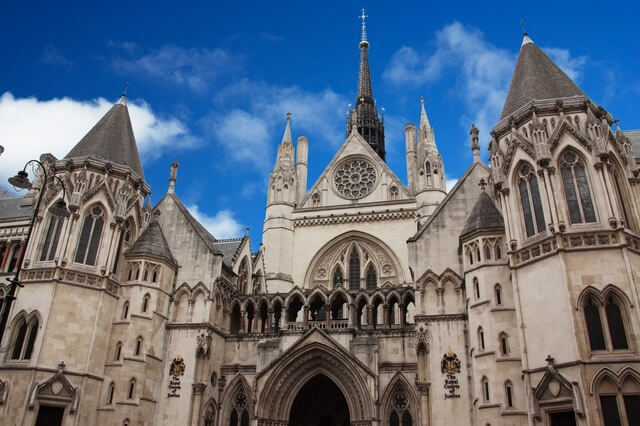It has become increasingly common for professional practices to find themselves in the position of having to recover substantial debts owed to the business by their partners or members.
Scenarios that sometimes arise are:
- Members/partners overdraw against low profits, and this can continue over a number of years, at least until reserves or overdraft facilities are exhausted; and/or
- An unexpected loss is made, perhaps because of a significant adverse event. Unlike partners, LLP members are often insulated from losses in a winding up. But if the business continues rather than being wound up (as will often occur after a loss-making year, with a view to trading out of difficulty) the losses have to be debited somewhere and LLP members may either be required in those circumstances by their LLP members’ agreement to accept a debit to their current account, or they may agree to do so in order to enable the business to continue.
Particular problems can arise when partners or members retire or are expelled before they have paid back the amount that they owe. Partners or members against whom demands for repayment are made may raise defences, counterclaims or cross-claims, for example:
- Allegations that when they were first recruited the circumstances and/or prospects of the business were misrepresented to them, and seeking damages and/or a declaration that they are not bound by the terms of a partnership or LLP agreement. In an LLP, allegations may be levelled against the LLP and/or individual members.
- In an LLP, assertions to the effect that they are not liable for losses, on the basis that LLP members are supposed to enjoy limited liability.
- Challenges to the basis on which the account is drawn, asserting that a detailed account needs to be taken.
- Raising issues of fact which they assert rule out any kind of summary resolution of the claim or the use of statutory demands.
In both the Chancery Division and the High Court Bankruptcy Registry I have found that Masters and Registrars are willing to explore and challenge even quite complex factual allegations and if appropriate reject the basis of the defences, counterclaim or cross-claims, before going on to enter summary judgment or give permission to present bankruptcy petitions, following hearings of 1 to 2 days in duration.
Such outcomes of course save considerable expense by avoiding the taking of detailed accounts and/or having to give full disclosure of documents and conduct a lengthy trial.
Furthermore, both in the Chancery Division and in the High Court Bankruptcy Registry there is a pragmatic approach to summary assessment which can result in reasonable or in some cases above average costs recovery without the delay and expense of detailed assessment.
Given the willingness of the courts to deal with partner and LLP member indebtedness robustly, there is every reason for LLPs and partnerships to consider the strength of their position carefully with a view to avoiding substantial write-offs or unacceptably low compromises.


